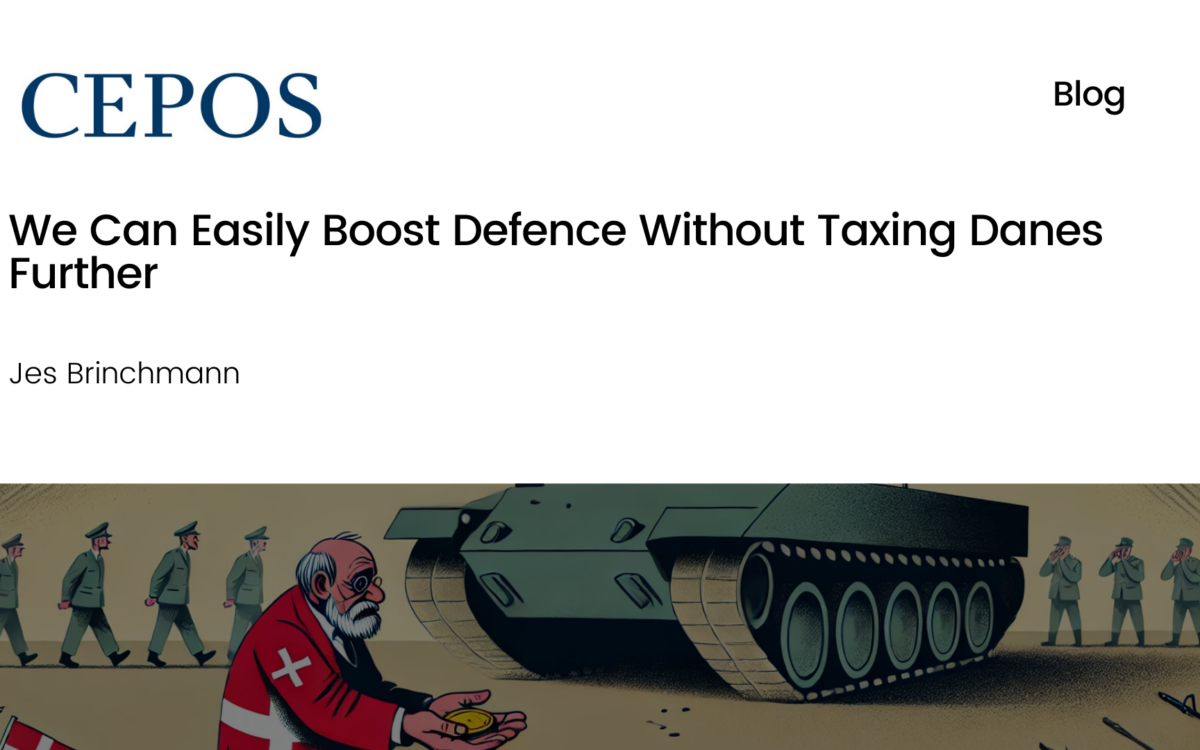The Key Measure in the Greek Crisis Is Political Capital

The Key Measure in the Greek Crisis Is Political Capital
Michael Iakovidis // 04.11.2015
The Greek crisis has cost taxpayers across Europe hundreds of billions of euros, compounded a huge recession which has plunged the country into vast unemployment and strangled the Greek private sector by burdening it with incredible amounts of taxation. All these are measurable quantities. The main problem is that these metrics used by analysts to understand the crisis are not the metrics used by the Troika or the Greek government, which use another unit of measurement when making decisions with regard to the crisis – namely, that of political capital.
The current Greek government, following in the footsteps of the previous ones, is indeed only concerned with political capital. After ascending to power, this quixotic mix of left- and right-wing ideology – a product of SYRIZA and conservative ANEL – seemed fixated on two things: pushing their ideological approach to the memoranda – in which the only thing required would have been for the rest of the world to slash the debt while allowing government spending in Greece to resume – and to make sure that the first left wing government would not be a ‘parenthesis,’ but that it would shape the course of events. The first led to procrastination until the crunch-time negotiations with the Troika came upon them, and the second led to the fateful decision to hold a referendum in June. The referendum was the first of a series of actions by the Greek government focused solely on saving political capital, at the expense of all other metrics – be it taxpayers’ money, jobs lost, closed businesses, trust from EU partners and the Troika etc. – buying time and consolidating political power for a cost of approximately €25 billion, according to a report published by the IMF).
The referendum was devastating to the Greek economy, but masterful in eliminating the political opposition to SYRIZA and ANEL: the parties backing ’yes’ in the referendum took a severe beating, and allowed Mr Tsipras to overcome opposition (mostly from within his party) to a third memorandum. This set the stage for the next attempt at conserving political capital, the elections in September 2015, which could be seen as one of the most expensive government reshuffles in history. I speak of a reshuffle because SYRIZA and ANEL were able to resume their coalition, whilst doing away with internal opposition within SYRIZA.
People analysing how the current elections will affect the willingness of the Greek government to enforce the memorandum are missing the point. The memorandum will be managed and imposed as all things are by the present Greek government, i.e. in terms of political capital. Instead of the agreed upon measures being enforced as agreed upon, the Greek government will once again use a mixture of procrastination, negotiation and rhetoric to change the mix of measures to steer them away from their client and ideological base – consisting of civil servants, the closed professions and pensioners – into “fiscally equivalent” measures targeted at the private sector.
Enter the EU and the IMF, the other two actors in this Greek tragedy. Both these parties have been pursuing a political agenda since the first bailout, rather than a purely fiscal one. The initial memorandum, which at the start was a mix of 50% reforms and 50% fiscal measures, was slowly eroded after Greek governments acceded to their political clientele and ended up as an unbalanced mixture of 4% reforms and 96% fiscal measures This paved the way for a ratio which has been steadily followed to the present day, indeed it is quite telling that the initial proposal by SYRIZA for the negotiations of the third bailout was 6% reforms and 94% fiscal measures.
How does this fit with the political agenda of the institutions? The EU does not wish to set a precedent of coercing a national government to enforce structural reforms, and it does not wish to be seen to kow-tow to the left wing Greek government either in order to keep it in the EU. Thus, it needs to appear to be strict in the enforcement of a programme which in numbers looks viable, while keeping Greece within the EU. The actual viability and sustainability of the programme do not enter into consideration and, in fact, specific measures are either unfeasible or costed without any thought to the reality of the situation. By way of example, the target goal for privatizations has once again been set at €50 billion, when the total sums raised through privatizations so far stand at €7.7 billion). The IMF has also put the feasibility of the project on a back burner for a number of years, initially aiming at the production of any memorandum in order to stave off a possible Grexit. Only recently has the Fund begun to express objections with regard to whether the programme can feasibly bring Greece into a sustainable debt position.
A telling point in how the Troika has political capital as its main unit of measurement for the crisis, is the way the evaluations of the memoranda so far have been handled: they read like a list of missed goals and fiscal equivalence measures, have never been used as a monitoring tool of the process (in fact they are always published after the fact), and they end up as another part of the negotiations to alter the memoranda, rather than tools for monitoring and enforcing the latter. This has led to a number of inconsistencies and long term structural problems, such as the fact that rules for firing/ hiring in the public sector, which were part of the first memorandum, actively hampered re-staffing the tax authorities in the second one to achieve the goals set by the Troika itself! The tool used for measuring the performance of the memorandum and the proposed measures has become a part of the process itself.
What does this mean? As long as a problem which has fiscal and political components is treated as a purely political problem by decision makers, but is then presented as a fiscal problem to the wider public, there will be a lack of transparency in the process. Public perceptions will be that not only is austerity being forced upon them, but that there is no end result in sight and no economic urgency to implement changes. This in turn will shift public opinion further away from much needed reforms which they equate with higher taxes and austerity, and turn them away from political and financial institutions, towards the far right and left (a shift which is evident in Greece currently). In order for the process to be put back on track, there needs to be a clear alignment of goals between the decision makers and the key stakeholders of the process (i.e. the Greek people), via independent monitoring of the process and greater transparency.
Michael Iakovidis is Co-founder and Marketing Director of the Greek Liberal Monitor.
EPICENTER publications and contributions from our member think tanks are designed to promote the discussion of economic issues and the role of markets in solving economic and social problems. As with all EPICENTER publications, the views expressed here are those of the author and not EPICENTER or its member think tanks (which have no corporate view).



